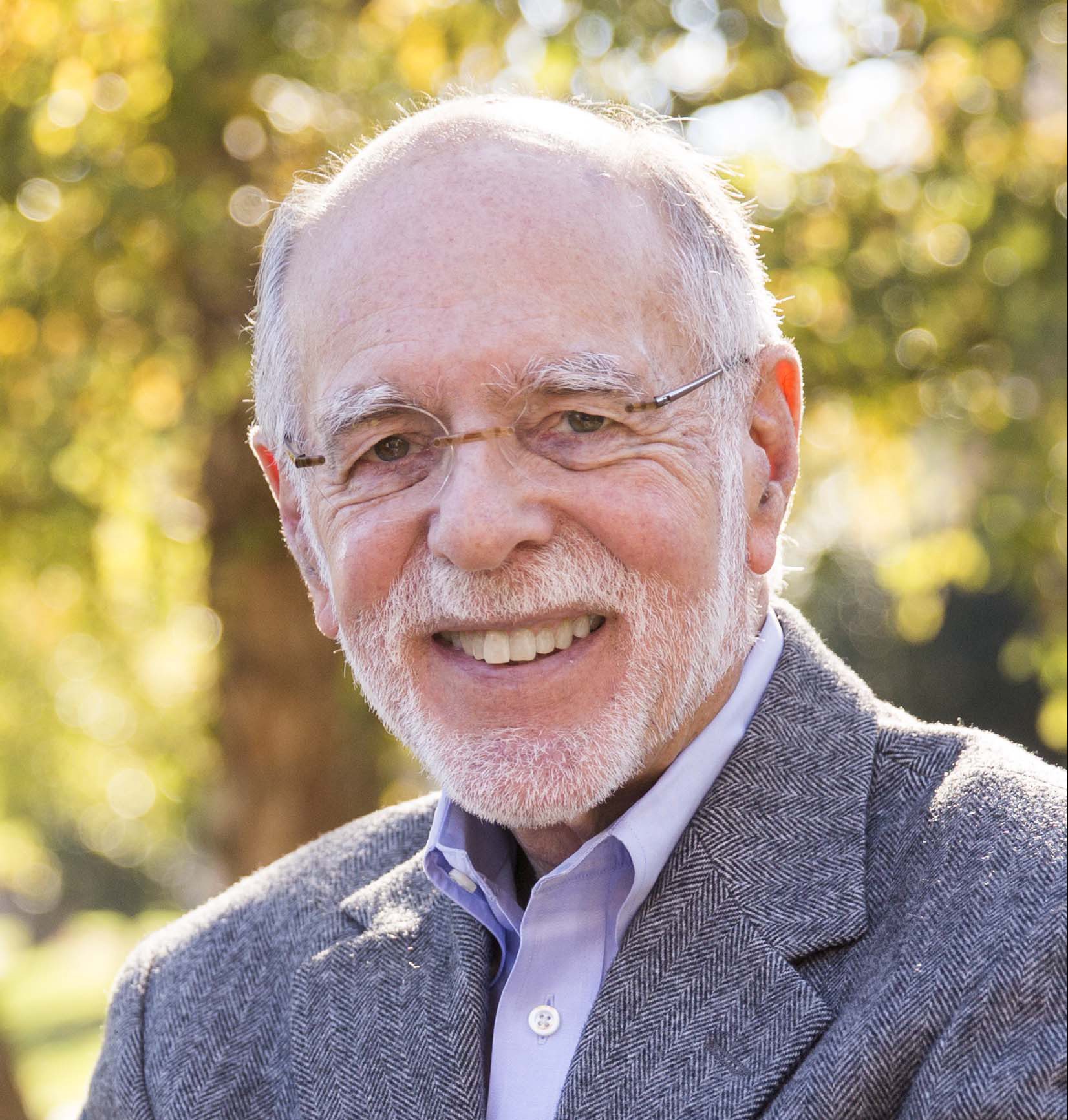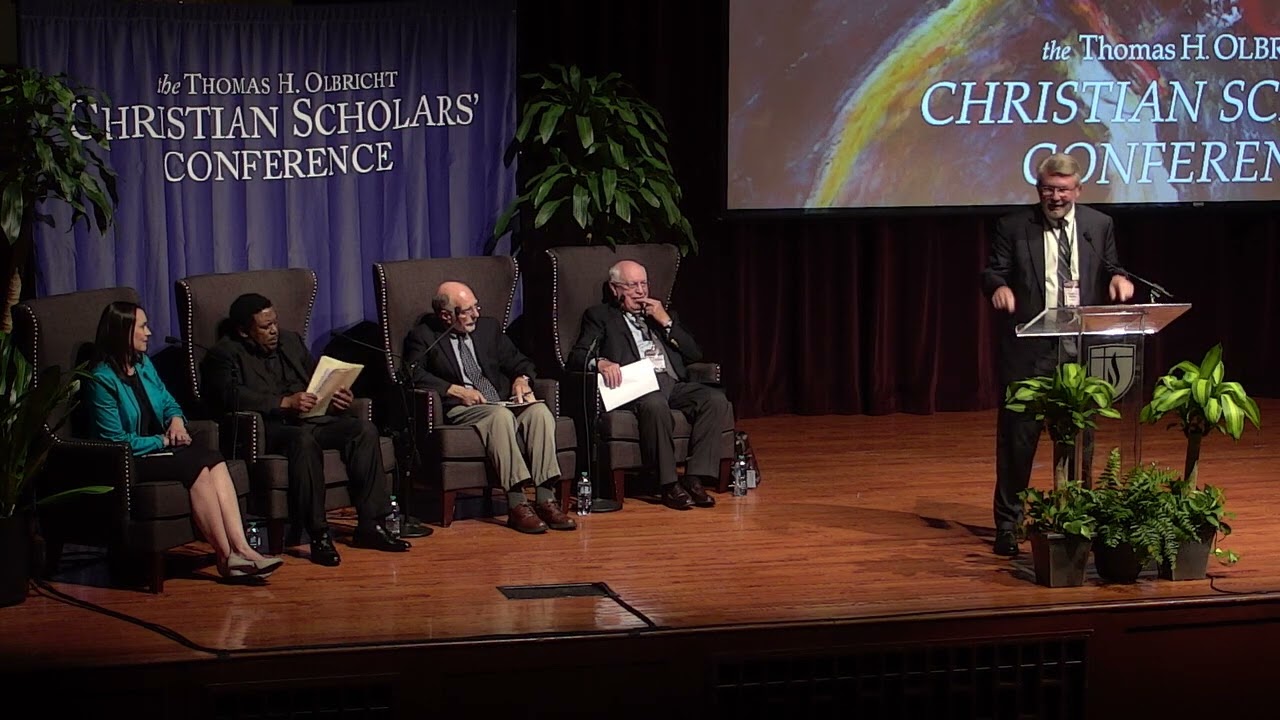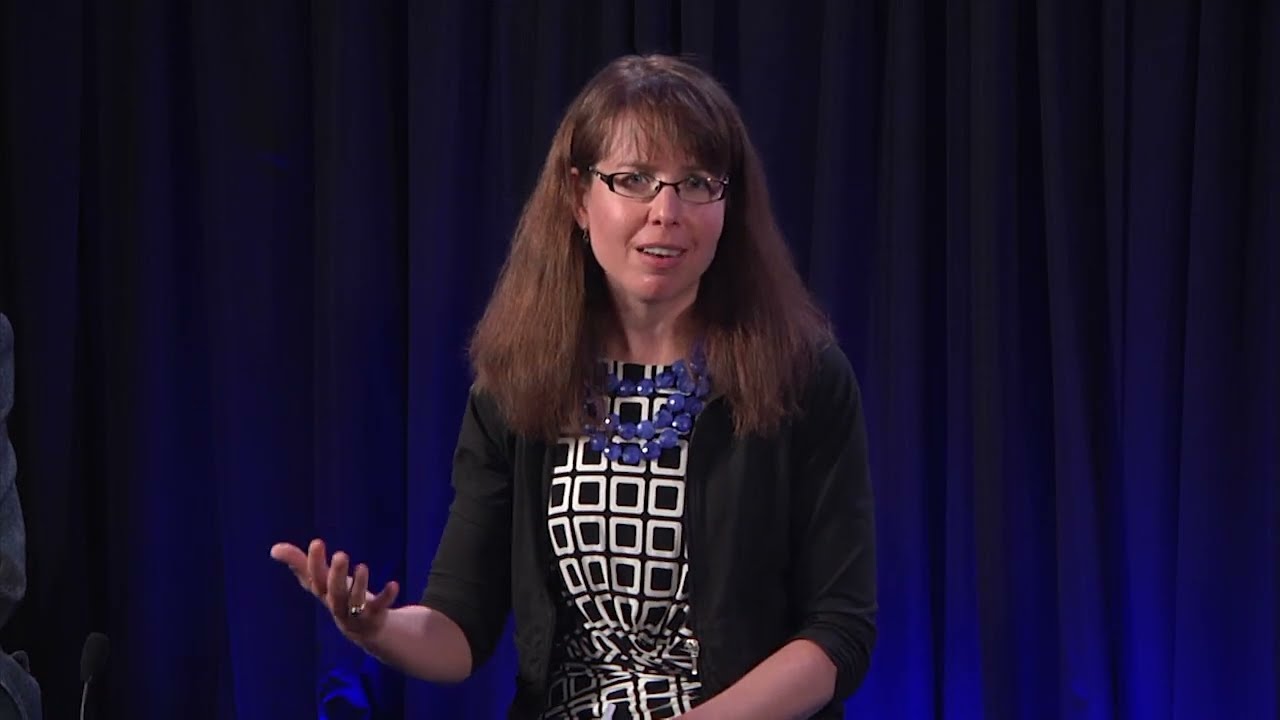
Discerning Vocation through Loss, Suffering, and Death
Volume 1 | June 6, 2022
Theme: Pedagogy, Suffering and Death, Vocation
Discipline: Religious Studies, Theology
In September of 2002, exactly one year after the attack on the Pentagon and the World Trade Center, essayist Mark Slouka reflected on how those events had challenged the American psyche, defined for so long by the myth of happy endings.
Here in the New Canaan, in the land of perpetual beginnings and second chances, where identity could be sloughed and sloughed again and history was someone else’s problem, death had never been welcome. Death was a foreigner—radical, disturbing, smelling of musty books and brimstone. We wanted no part of him. And now death had come calling. That troubled brother, so long forgotten, so successfully erased, was standing on our porch in his steel-toed boots, grinning. . . . . We had denied him his due and his graveyards, watered down his deeds, buried him with things. Yet here he was. He reminded us of something unpleasant.1
While the theme of vocation was perhaps the farthest thing from Slouka’s mind when he wrote these words, his assessment of the habitual American denial of suffering and death provides a near-perfect framework for the two articles on vocation that appear in this inaugural edition of Paradoxum.
In his probing essay, “Purpose and Meaning in Time of Crisis,” Jason Mahn, professor of religion and director of the Presidential Center for Faith and Learning at Augustana College, explores why the typical American denial of suffering and death can impede any meaningful discovery of one’s vocation. Even in the midst of a pandemic that had, by the beginning of 2022, claimed the lives of more than 800,000 Americans and over 5,000,000 worldwide, and even in the midst of a political crisis that threatens American democracy, many still resort to denial or take refuge in the myth of happy endings. This is precisely the narrative that Mahn wants to challenge.
“Attending to suffering and finding the purpose and meaning of our lives,” he writes, “are closely juxtaposed; each is reflected and refracted in light of the other.” He is right, of course, since to find one’s vocation is really to find one’s self, but the human self is never divorced from suffering and death, no matter how much we may seek to deny those realities or hold them at bay.
Even more, the Christian call to vocation is always the call to love and serve the neighbor in the midst of the neighbor’s suffering and impending death. “I was hungry and you fed me,” Jesus said. “I was thirsty and you gave me something to drink. I was sick and in prison and you visited me.” But one who holds suffering and death at bay is ill-equipped to live out the Christian vocation of service to those in greatest need.
In her companion piece, “Beyond Deep Gladness: Coming to Terms with Vocations we don’t Choose,” Deanna Thompson, director of the Lutheran Center for Faith, Values, and Community and Martin E. Marty Regents Chair in Religion and the Academy at St. Olaf College, has substantially and accurately enlarged Frederick Buechner’s celebrated definition of vocation as “the place where your deep gladness and the world’s deep hunger meet.” This sentence, she writes, “has become synonymous with the word ‘vocation’ at so many institutions [of higher learning] over the past few decades.” And yet, she has found it profoundly incomplete.
After receiving a diagnosis of incurable, stage IV cancer just before Christmas in 2009, Thompson had to grapple with a vocation she never chose, a vocation rooted in suffering and inevitable death. “Even as I continue to resonate with Buechner’s vision of vocation as our deep gladness meeting the world’s deep need,” she writes, “my journey with cancer has led me to realize that conversations about vocation also need to make space for the deep sadnesses that fill our lives.”
Thompson speaks eloquently of one important dimension of her new-found vocation—the “quest to locate words” that enable her to speak of the deep sadness in which she must now find purpose and meaning. She and Mahn agree that words that bring premature closure, that transform suffering into moral advice, or that tempt us with cheap consolations and tidy resolutions are words that betray vocation.
But words that enable us to sit with suffering are words that can open the door to a vocation rooted in—and fully attuned to—what it means to be human. And here both Mahn and Thompson introduce the category of storytelling.
Educating for vocation, Mahn contends, “necessarily relies on stories and storytelling. That is because, to come to know and form one’s character depends on coming to know oneself as a character in a larger story. . . . It is to understand yourself and your world as having a plot, meaning, and purpose—above and beyond the random incidences and coincidences that too often decide how we live.”
In order to discern vocation, learning to tell stories that reveal our deep gladness is important work but inevitably incomplete. For when we tell stories of suffering, tragedy, and death, and when we resist the temptation to embellish those stories with happy endings, those stories enable us to sit with our suffering and find meaning in the midst of apparent meaninglessness.
The implications these insights hold for helping our students are immense. For fourteen years, my wife Jan and I have team-taught an honors first-year seminar on “Learning to Tell Our Stories.” Each semester our students read four or five provocative memoirs, beginning with Frederick Buechner’s The Sacred Journey. Then, after each memoir, each student writes a story about some aspect of his or her life, a story inspired by the memoir they have read. The power of this class becomes evident when the students read their stories out loud in the sacred circle of their peers.
Many of the stories they tell are tragic stories, full of suffering, death, betrayal, alienation, and grief. I have sometimes worried that this class opens the door for tragic stories a bit too widely, but Mahn and Thompson have helped me realize that these are often the stories that can help the students find themselves and discover a meaningful sense of vocation.
One year we taught a young woman who wrote beautiful prose but who never seemed to connect with us or the other students. She seemed timid and distant, always focusing her eyes right in front of her face. After each of the memoirs we read, she consistently wrote on the very same theme—her grandfather, the man who taught her to drive a tractor, to plant and harvest crops, to fish, and so much more.
Then, in her very last story, she seemed to say, “I want to share this one last story since, if you don’t know this about me, then you don’t know me at all.” Once again she spoke of her grandfather. But this time she explained that the man about whom she had written in such glowing terms throughout the entire semester was now serving time in prison for molesting young girls, including herself.
Four years later, just before their graduation, Jan and I invited this class into our home for dinner and a time of reflection on their college years and where life might take them next. The young woman who had been so shy and distant four years before walked into our home with an air of self-confidence and a lightness we had not seen in her before. And then she informed us all that she was on her way to graduate school where she would study criminal justice.
It was clear to both Jan and me that while she had chosen a career, she had also responded to the call of vocation. And we knew that the tragic story she told in the sacred circle of her peers almost four years before—the story about her grandfather’s crime and subsequent conviction—had freed her to hear and respond to this powerful vocational summons.
Still and all, this sort of work—opening the door to stories of suffering, tragedy, and death—can be tricky, Thompson cautions, since human pathos can run so deep that it can bind our tongues and destroy our ability to speak. But when we are able to do this work, and when our stories “encompass sadness as well as gladness,” she concludes, “we open up space for expanded visions of vocation that relate even more profoundly to the world’s deep need.”



